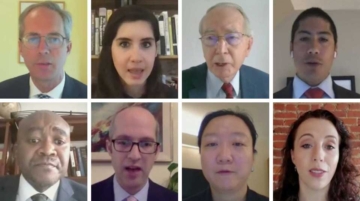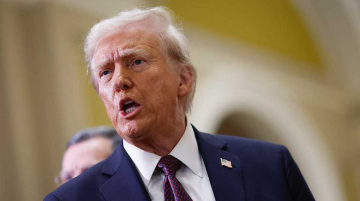The U.S. Senate Armed Services Committee is currently hearing testimony from U.S. generals about U.S.-led security in the Middle East and Africa. Not surprisingly, the hearings are portraying China’s African priorities as opposed in all respects to those of the United States. However, there may be more overlap than the generals would like to admit.
The head of the U.S. Africa Command, General Stephen Townsend, said: “Deadly terrorism has metastasized in Africa. Al Qaida’s Al-Shabab in East Africa, and Al Qaida groups in West Africa […] remain grave and growing threats that aspire to kill Americans both there and in our homeland.”









